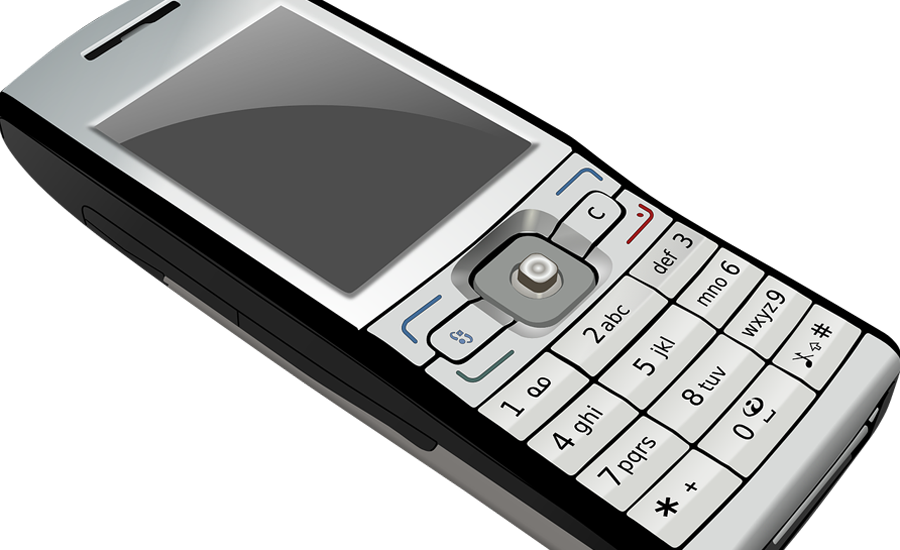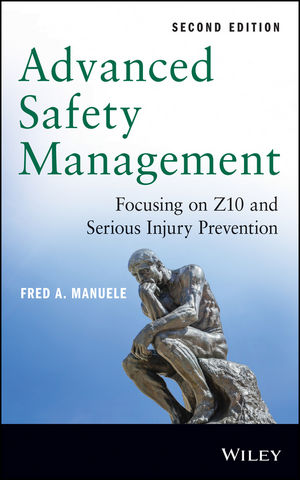Texting, playing video games, and even taking too many selfies can all lead to repetitive stress injuries.
“In my own practice and via discussions with other musculoskeletal providers, patients, young and mature, are unaware of the risk of injury from their smartphones,” Dr. Renee Enriquez, rehabilitation specialist at UT Southwestern Medical Center, told Healthline.
“Selfie elbow, texting thumb, text neck, and ‘Nintenditus’ are colloquialisms that describe overuse musculoskeletal injuries associated with increased use of modern technology, including but not limited to smart phones, tablets, and video games,” Enriquez said.
Enriquez says common ailments and complaints she gets from patients that may occur with overuse of smartphones, tablets, computers, and video games, include neck pain, elbow pain, hand, wrist and thumb pain, as well as numbness and tingling in the arms, forearms, hand, and fingers.
Selfie elbow: To get a selfie, you’re usually extending your arm as far out as you can to get everything into your picture. James A. Riley, certified hand therapist and director of Rehab Services at Motus Rehabilitation in Warren, Michigan, says this motion causes your elbow to lock, your wrist to contort, and puts strain on your forearm muscles. All of this can result in trauma to the tendon that connects to the elbow joint.
Texting thumb According to a study by the data analytics company Nielsen, the average teenager sends 3,339 texts per month. Another study by Ofcom reports that 77 percent of kids between 12 and 15 years old play video games for about 12 hours a week. Combine those two activities, and that’s a lot of thumb action.
Texting thumb, also called gamer’s thumb, Nintenditus, or Nintendo thumb, is an injury that occurs when the tendon sheath becomes inflamed.
Enriquez says that in some cases, this can lead to long-term pain and permanent damage to the tendon of the long flexor muscle of the thumb.
“Disorders like texting thumb and ‘Nintenditus’ may lead to chronic pain, and even nerve damage. Treatments for such disorders may include oral pain medication, occupational therapy, injections, and sometimes even surgery, depending on the severity of the injury,” she said.
She said to avoid such injuries, take breaks while gaming and texting.
Riley says icing your hand or running it under cool water can help as well.
“Because the muscles get so overworked, we want to cool things down and prevent some of the swelling and inflammation that develops over time,” he said.
Best defense: Cut screen time and stretch: Enriquez advocates decreasing the amount of time on your smartphone.
“Most smartphones will tell you the hours you have spent on the phone per day, which surprises most of my patients when examined,” she said.
She also suggests alternating the use of your hand when texting or taking selfies.
“Not only will this decrease risk of overuse, it can help to strengthen the nondominant part of the brain,” Enriquez said.
Riley says stretching and gaining flexibility are the best defense against any injury.
“Stretching before an injury is the best thing to do. Something as simple as holding your arms out in front of you, and gently flexing and extending your wrists downward while keeping your hands relaxed so you’re not making a fist will stretch those muscles in the forearm,” he said.
He suggests stretching throughout the day, every hour or couple of hours to prevent soreness.
“That way you don’t have those symptoms at the end of the day after you’ve been using your screens all day,” he said.
Source: healthline.com







